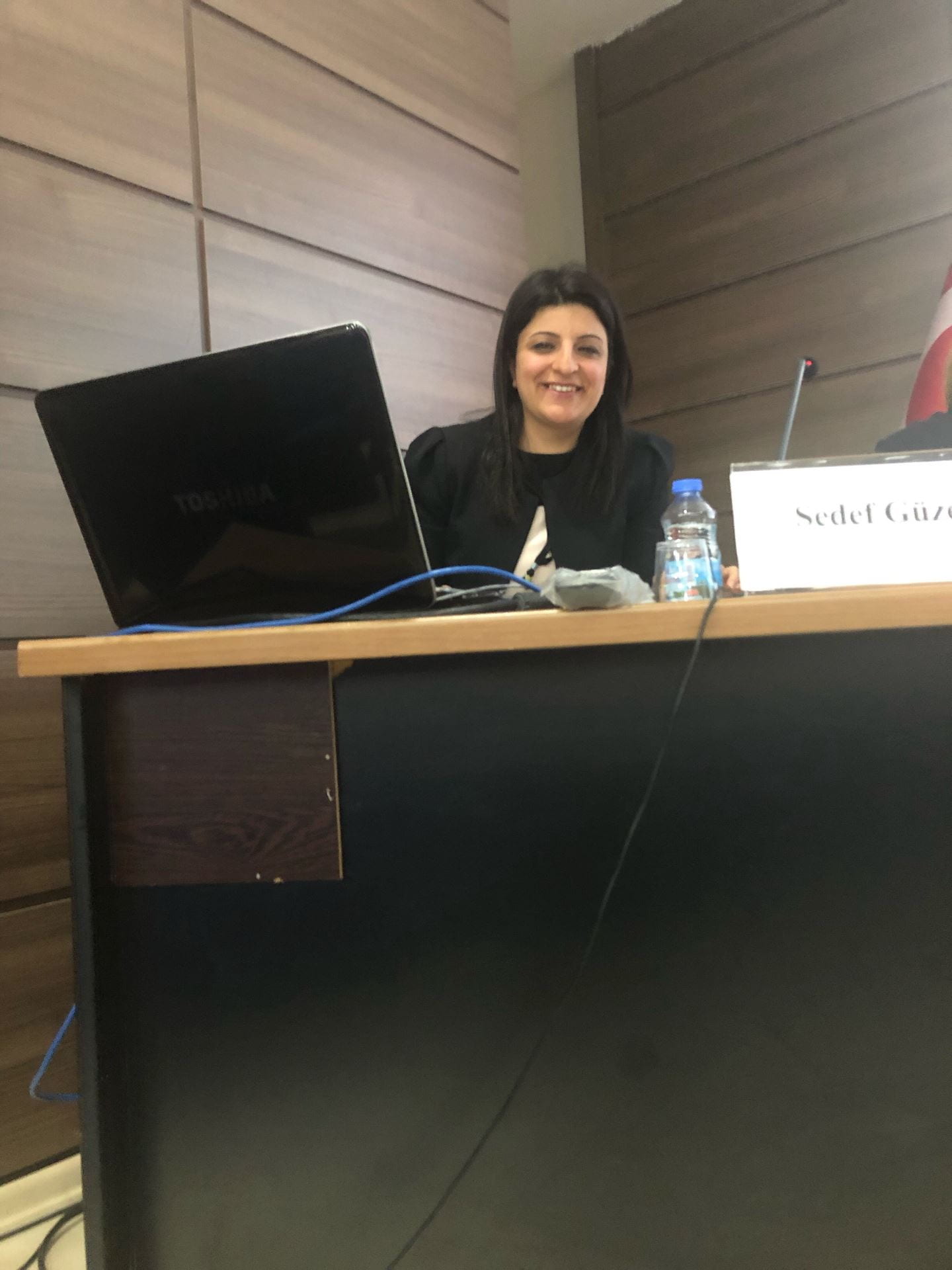Reflection on Ege University 17th International Cultural Studies Symposium “Nature vs Culture” by Sedef Güzelyurt

a. Brief information about the conference:
The conference was held at Ege University Faculty of Letters in Bornova, İzmir. The Symposium started at 08:30 A.M., Wednesday May 8 and ended at 17:00 P.M. Friday, May 10. The keynote speakers were Cian Duffy a professor of English Literature from Lund University, Serpil Oppermann from Nevşehir University and Ufuk Özdağ from Hacettepe University. International Cultural Studies Symposium aims to reconsider and hence to redefine our constructed attitudes towards nature and culture. The symposium also attempts to heighten our perception of the natural world and to create an environmental awareness and perhaps providing new perspectives on Nature and Culture.
The following topics were mostly explored in the conference;
Ecofeminism and gender studies
Postcolonial and transnational representations of nature
Naturalization of others and otherization of nature in literature and art
Literary and artistic representations of ecocides and ecological crisis
Post-pastoral literature and the redefinition of the poetics of domination
Environmental ethics and cultural studies
Globalization and ecological awareness
Post-humanism and ecology
Nature and culture in literature, film and television
Inconceivable nature and the future of humanity
Gothic nature and eco-horror in dystopic narratives
Nature writing
b. Brief information about my presentation:
Presentation Title: The Supremacy of Nature over Culture in Shakespeare’s “The Tempest”
My presentation’s focus is mostly Caliban, a well-known character of Shakespeare’s The Tempest, and he can be addressed as the representative of nature in the play. I thought that he is colonised, he is a transcendentalist and in fact, he is not evil. He comes from nature and it is difficult to address him with the tools or regulations of civilization, which makes the reader sympathize with his naturalness in a way. While Caliban symbolizes the nature, Prospero and Miranda can be considered as the symbols of culture, being aware of all the social values and morals. Culture means philosophy, it features the idea of information within its pronunciation, it evokes the reality of language and it brings our mind the term of language, it is all artificial, everything is human-made. At the end, there is the defeat of culture or colonization over nature or transcendentalism.
c. Highlights from Conference
The presentation of the Ufuk Özdağ, from Hacettepe University, whose title is “Environmental Values and Nature Writing: Toward a Restoration of Ecocriticism”. She touched upon some important works that they did towards protecting the environment and she advised to deal with the Turkish novelists who wrote on nature like Yaşar Kemal and Sait Faik Abasıyanık.
It is good to see some presentations from my own focus. Selin Yılmaz’s presentation on Herland makes me see the novel in a different point of view. There was a very nice discussion between us after her presentation.
It was really nice to listen to my colleague Gülden, with her really inspiring presentation on Don Quiote. Having asserted something really different from what we already know, she was really successful in this analysis and presentation.
There was a very nice wrap-up session on Friday. As young scholars, it was very nice to see the appreciation of the prominent professors as young scholars.

Leave a Reply